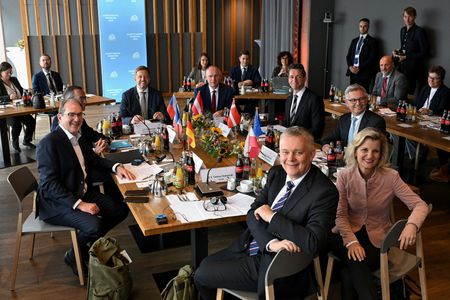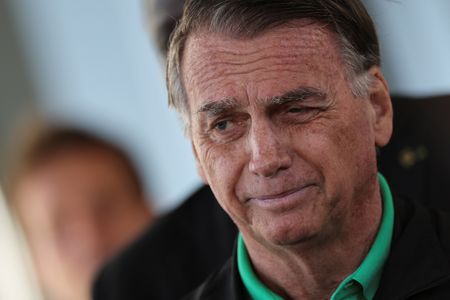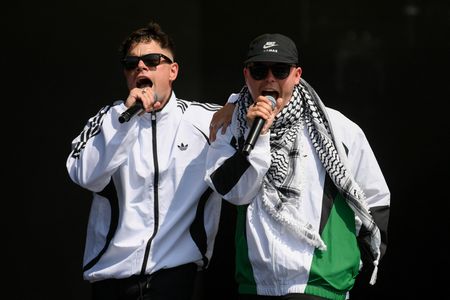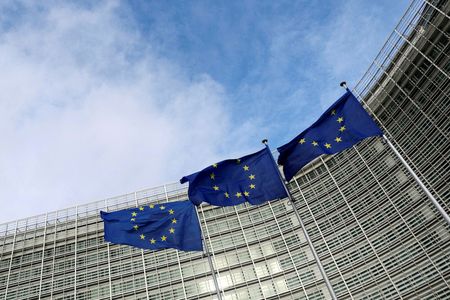MOSCOW (Reuters) -WhatsApp should prepare to leave the Russian market, a lawmaker who regulates the IT sector said on Friday, warning that the messaging app owned by Meta Platforms was likely to be put on a list of restricted software.
President Vladimir Putin last month signed a law authorising the development of a state-backed messaging app integrated with government services, as Russia strives to reduce its dependence on platforms such as WhatsApp and Telegram.
Anton Gorelkin, deputy head of the lower house of parliament’s information technology committee, said in a statement on Telegram that the state-backed app, MAX, could gain market share if WhatsApp – used by 68% of Russians daily – left.
“It’s time for WhatsApp to prepare to leave the Russian market,” Gorelkin said, adding that Meta is designated as an extremist organisation in Russia.
The company’s Facebook and Instagram social media platforms have been banned in Russia since 2022, when Moscow sent tens of thousands of troops into Ukraine.
Meta did not immediately respond to a request for comment.
Russian lawmakers this week approved sweeping legal amendments, proposing fines of up to 5,000 roubles ($63) for anyone searching for material online that the government deems extremist – which includes not just the likes of Instagram and Facebook, but many opposition politicians and activists.
The move drew criticism, including from some Kremlin backers such as Margarita Simonyan, a state media executive who said journalists would be unable to investigate activities of opposition groups such as the Anti-Corruption Fund of late opposition figure Alexei Navalny.
NATIONAL SECURITY THREAT
Anton Nemkin, a member of the parliament’s IT committee, said WhatsApp’s fate in Russia was now predetermined.
“The presence of such a service in Russia’s digital space is, in fact, a legal breach of national security,” the TASS news agency quoted Nemkin as saying.
Asked if WhatsApp might leave Russia, Kremlin spokesman Dmitry Peskov said all services must abide by Russian law.
Russia has long sought to establish what it calls digital sovereignty by promoting home-grown services.
Critics have voiced concerns that Russia’s new state-backed messaging app may track its users’ activities and have suggested Russia could slow WhatsApp’s speeds to encourage downloads.
Alphabet’s YouTube has seen its audience in Russia drop sharply in the last year to fewer than 10 million daily users from more than 40 million in mid-2024, as slower download speeds have made it harder for people to access.
The Kremlin this week published a list of instructions from Putin, including an order to introduce additional restrictions on the use in Russia of software, including communication services, produced in “unfriendly countries” that have imposed sanctions against Russia.
Putin gave a deadline of September 1. Gorelkin, referring to Putin’s order, said WhatsApp was likely to be among those communication services restricted.
Shares in state-controlled technology company VK, which is developing homegrown digital services like VK Video, a rival to YouTube, climbed 1.9% on Friday.
($1 = 78.7000 roubles)
(Reporting by Reuters; Writing by Alexander MarrowEditing by Andrew Osborn, Elaine Hardcastle and Timothy Heritage)









